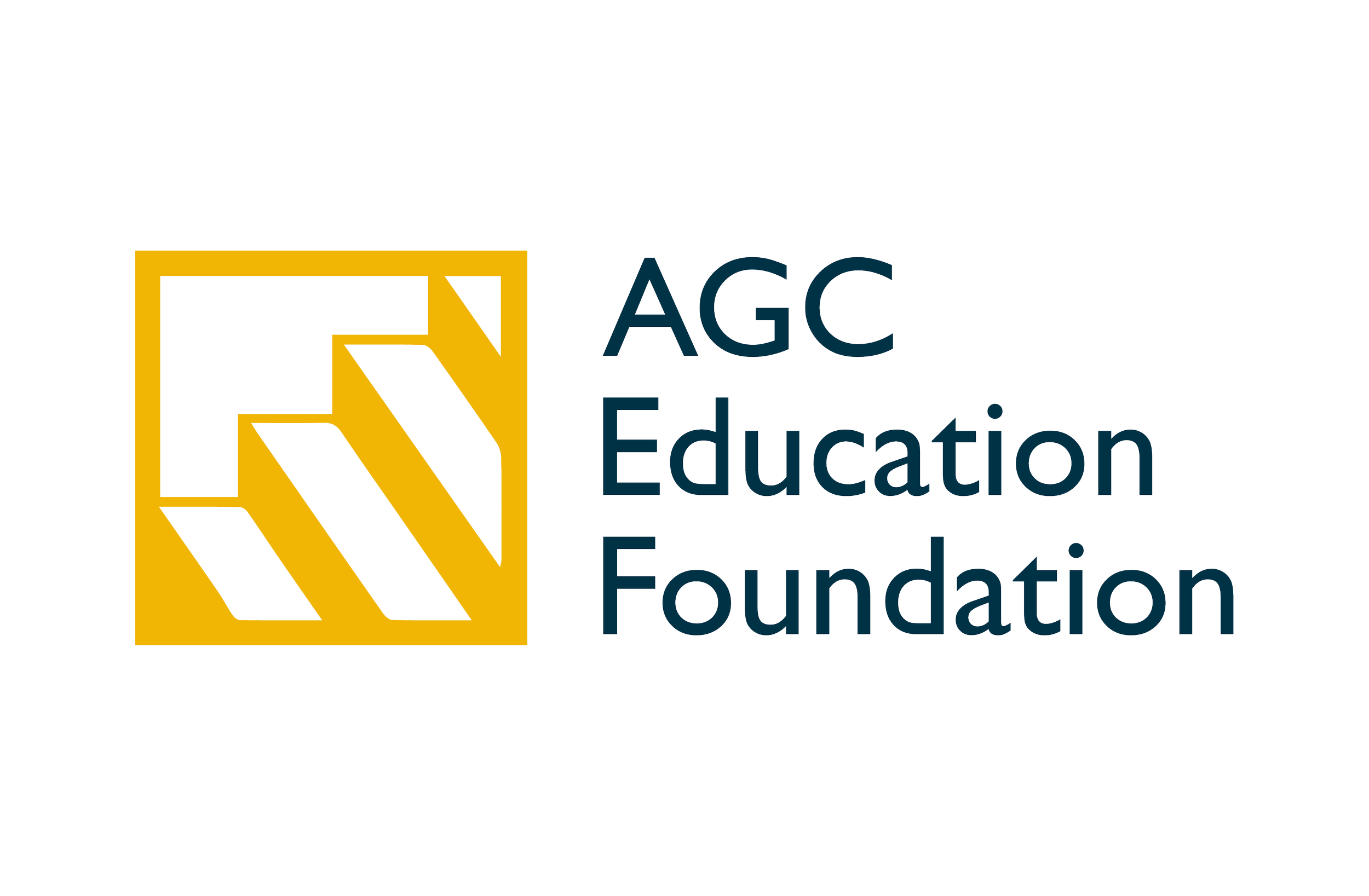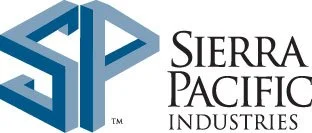
About Us

What Does MAC Stand For?
MAC stands for Maritime, Agriculture, and Construction - three industries that are vital to Washington state's economy and offer excellent career opportunities for skilled welders.
Maritime: This includes shipbuilding, boat repair, marine equipment manufacturing, and port operations. Washington's extensive coastline and major ports create thousands of welding jobs in this sector.
Agriculture: From farm equipment repair to food processing facilities, agriculture relies heavily on welders to keep operations running smoothly. This sector includes dairy farms, fruit orchards, grain operations, and food manufacturing plants.
Construction: Bridges, and infrastructure requires skilled welders for structural work, pipeline installation, and specialty fabrication. This is one of the largest employers of welders in our state.

Our Rationale
The MAC Welding & Fabrication Model Framework project developed as the result of a shared recognition of multiple influencing factors: industry demand across sectors, the challenge of equitable regional/community access and awareness, the lack of readily accessible open-source instructional resources, few opportunities for industry aligned and standards-based faculty professional development, insufficient explore, prep and launch programming, and a sustainable strategy to pilot a scalable initiative.
Our mission is simple: create a clear pathway from the classroom to good-paying welding careers in Washington State.
MAC was created to develop a fully scalable, statewide, open-source, cross-sector welding and fabrication framework focused on the maritime, agriculture and natural resource, and construction industries.

What Makes This Project Special
Open Source and Free
All our resources are completely free to use, copy, and adapt. Schools don't need special budgets or expensive licensing fees to access world-class welding education materials.
CTE Alignment
Our frameworks are aligned with Washington State learning standards and are currently under review for approval by the Office of Superintendent of Public Instruction (OSPI). Students can earn official credit toward graduation.
Industry-Connected
Every framework, lesson, and assessment was developed with input from real employers who actually hire welders. This means students learn skills that companies really need.
Scalable Design
While we started with maritime, agriculture, and construction, our approach can be adapted for other industries and used in other states.

Why These Industries Matter
These three sectors represent some of the best opportunities for new welders:
High Demand: All three industries face worker shortages and actively recruit new welders
Good Pay: Entry-level welders in these fields typically earn above-average wages with opportunities for advancement
Job Security: These are essential industries that provide stable, long-term employment
Career Growth: Many welders advance to become supervisors, inspectors, or start their own businesses

The Problem We're Solving
Too many students graduate without knowing about welding careers or how to prepare for them. Meanwhile, employers struggle to find qualified workers. Traditional career guidance often focuses on four-year college paths, leaving skilled technical trades underrepresented.
The MAC Project bridges this gap by providing clear information about welding careers and the educational pathways that lead to them. We help faculty access critical professional development, students make informed decisions about their futures while helping employers build the workforce they need.
Our Impact
Since launching, the MAC Project has developed comprehensive standards based welding frameworks, created career pathway maps, and built partnerships with schools across Washington state. We're not just talking about closing the skills gap - we're actually doing it, one student at a time.

Educational Partners
Capital STEM Alliance (ESD 113), Mid-Columbia Region (ESD 123), Northwest Region (ESD 189),Grays Harbor College, Walla Walla Community College, and Skagit Valley College provided educational expertise to ensure all frameworks meet academic standards and work effectively in classroom settings.
Industry Support
Sierra Pacific Industries is our lead industry partner, providing guidance and direction to inform the project. Other industry partners provided workplace insights to ensure the frameworks reflect actual job requirements and industry best practices.
Each partner played a vital role in creating welding education resources that bridge the gap between classroom learning and career success. This collaborative approach ensures the MAC Project serves both students and employers effectively.
Our Partners
Collaboration Makes It Possible
The MAC Project was created through a partnership of industry leaders, educational institutions, and regional organizations. Each partner brought unique expertise to develop welding curriculum that truly prepares students for the workforce.
Industry Sector Leaders
Agriculture & Natural Resource Center of Excellence led the development of agriculture welding frameworks, ensuring students learn skills needed in farming, food processing, and natural resource industries.
AGC Education Foundation (Construction sector) contributed their deep knowledge of construction welding needs to create frameworks that prepare students for building, infrastructure, and specialty construction careers.
Center of Excellence for Marine Manufacturing & Technology (Maritime sector) brought shipbuilding and marine industry expertise to develop welding programs aligned with Washington's maritime economy.

Timeline and Progress
Project Development Phases
The MAC Project was designed as a multi-phase initiative to develop and implement welding education frameworks across Washington state.
Phase 1: Framework Development (2024-2025)
July - September 2024: Development of the three welding frameworks and equivalencies for high school credit.
October - December 2024: Submission of completed frameworks to the Washington State Office of Superintendent of Public Instruction (OSPI) for official review and approval. This included:
180-hour Metal Trades Foundations (Exploratory level)
180-hour Welding Technology I (Preparatory level)
180-hour Welding Technology II (Preparatory level)
January - March 2025: Creation of welding career pathway maps and presentation of frameworks at the WITEA Spring Conference. Faculty review process began with welding instructors across the state.
April - June 2025: Launch of TeachWelding.org website, final framework approval from OSPI, and development of faculty professional development resources. Planning also began for Phase 2 expansion.
Current Status
The welding frameworks received final approval mid-September 2025. The project will now move to the creation of professional development for K12 and post-secondary faculty. More updates coming soon!
Phase II: Implementation and Expansion (Future)
Planning is underway for Phase 2, which will focus on broader implementation across school districts statewide, post-secondary programs and expansion to additional industry sectors beyond maritime, agriculture, and construction. Phase 2 will also feature professional development for faculty, resource development and scaled outreach statewide.
The MAC Project represents a significant step forward in connecting welding education with industry needs, creating clear pathways for students to enter high-demand careers in Washington's key economic sectors.

Get Involved
Contact the MAC Project Team
We welcome questions, feedback, and partnership opportunities from educators, students, employers, and community members interested in welding education and careers.
General Questions
Use our contact form to ask questions about the curriculum frameworks, implementation, or welding career pathways.
Feedback on Resources
Help us improve by sharing your experience using the curriculum frameworks or career pathway maps. Your input helps us make the resources better for everyone.














